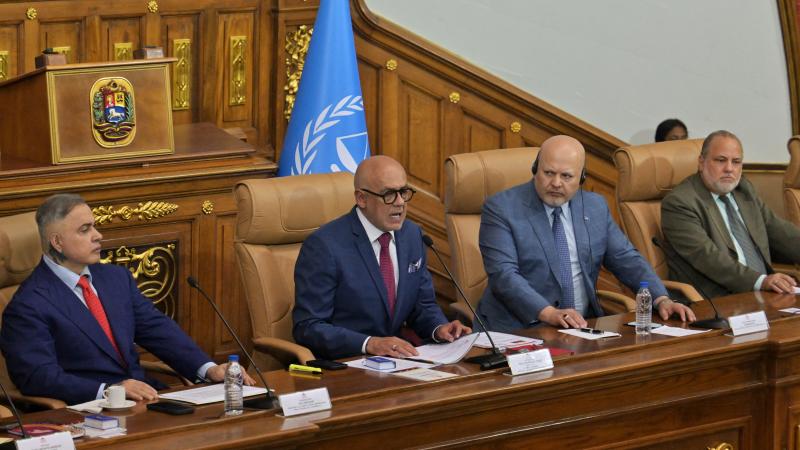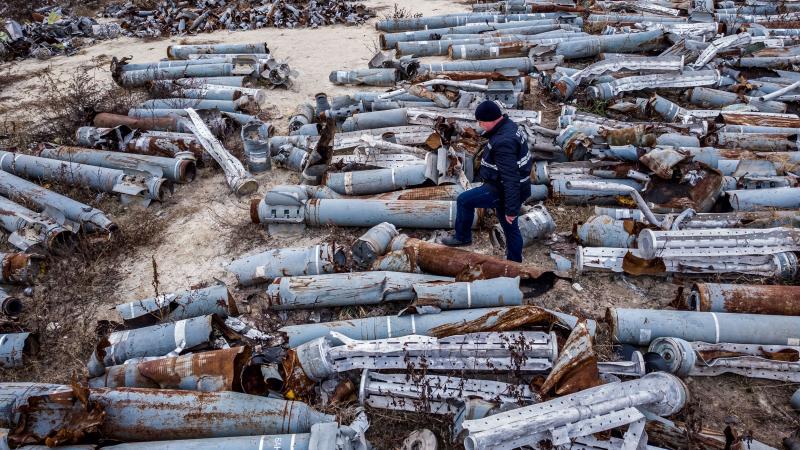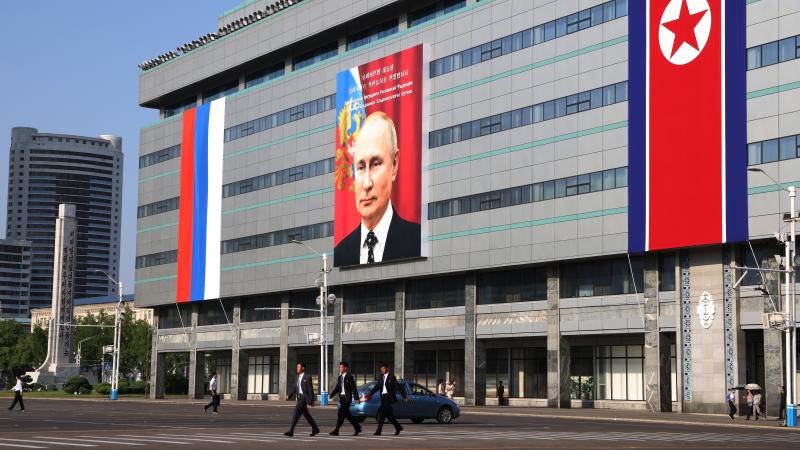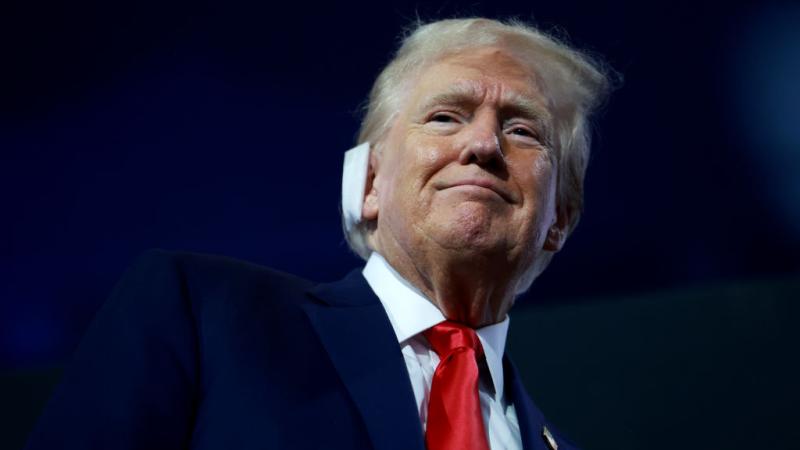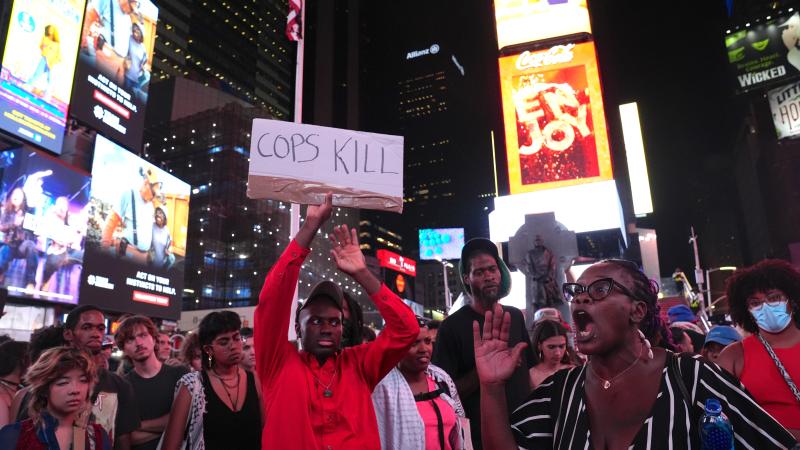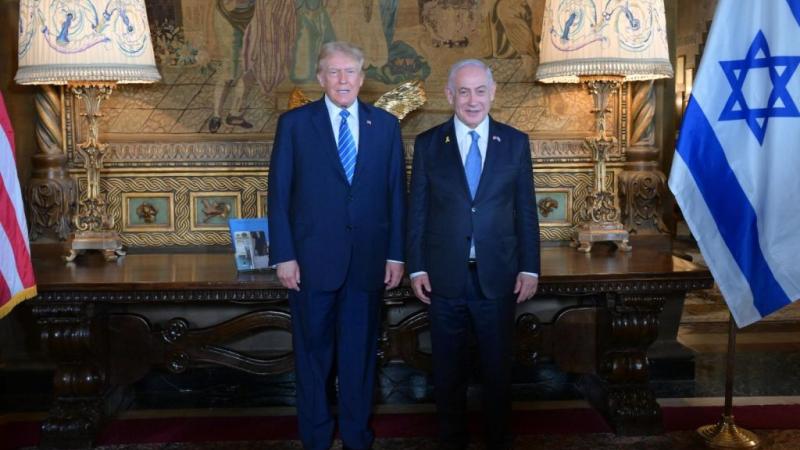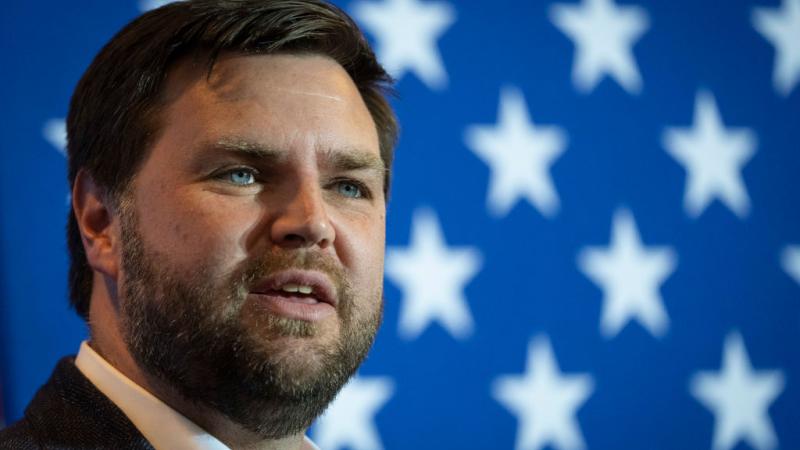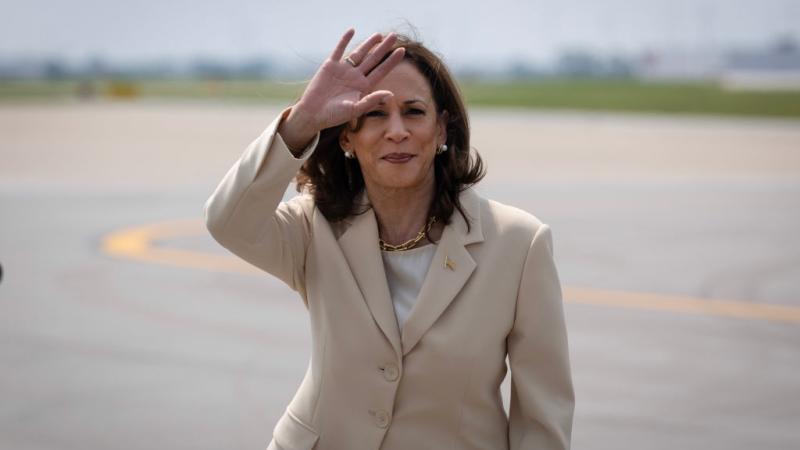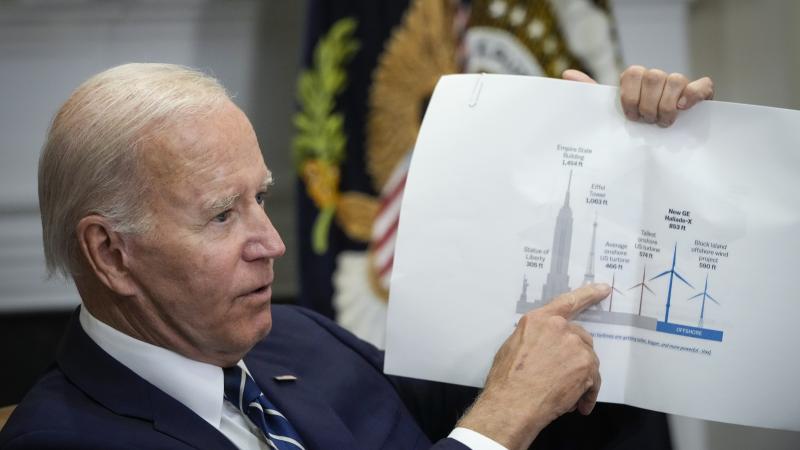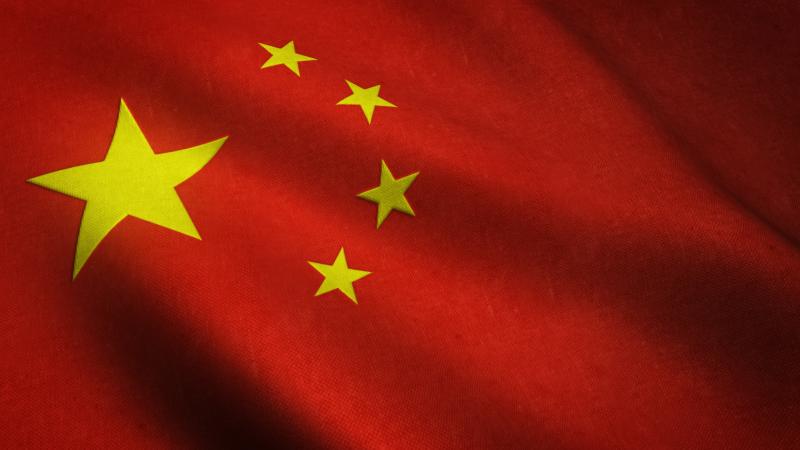Russian oligarch keeps showing up in the most inconvenient places for FBI, Washington elites
In disparate controversies involving figures ranging from Sen. Mark Warner to former FBI agent Charles McGonigal, businessman Oleg Deripaska keeps turning up as a mystery figure.
The bombshell indictments this week alleging that a former senior FBI counterintelligence agent had an inappropriate financial relationship with Oleg Deripaska focused fresh light on an uncomfortable truth: Washington elites have simultaneously demonized and cozied up to the controversial Russian oligarch over the last two decades.
Deripaska, a protégé of Russian president Vladimir Putin and once owner of the country's largest aluminum company Rusal, has been courted over the years by a prominent Democrat senator seeking help from his lawyer and FBI agents seeking dirt on Donald Trump, enlisted by the bureau to spend his own money to find a missing FBI agent in Iran and lured into hiring Christopher Steele for a legal project before the former MI-6 agent penned his famous dossier.
Even Hunter Biden once crafted a plan to make money off Deripaska by seeking a handsome $80,000 fee to dig up dirt on the Russian businessman for an American aluminum company.
The efforts to court, cajole and cash in on Deripaska occurred at the same time the U.S. government was casting the Russian as a potentially nefarious actor who should be kept from U.S. shores.
In the early 2000s, it was the State Department alleging, with scant public evidence, that the Russian was tied to organized crime or brutal killings. In 2016, he became a focal point of the FBI efforts to prove Donald Trump colluded with Russia to hijack the 2016 election, an allegation that proved spurious. And in 2018, he was sanctioned by the Treasury Department as an ally of Putin and Russian influence campaigns and later indicted by the Justice Department.
Throughout the saga, Deripaska has always maintained his innocence, while his accusers have sent a tantalizing mixed message by courting his help at the same time they were vilifying him.
In a 2019 videotaped interview with this reporter for The Hill newspaper, Deripaska said his on-again-off-again relationship with the American government was symbolic of the larger drifting apart of Russia and the United States as allies after the fall of the Berlin Wall.
"If you look at reality, is it now safer than it was in the beginning of 1990s for both of us, for the U.S. and Russia, the U,S. people and the Russian people? No," he said at the time. "We are in the kind of deadlock which was unthinkable at the time Russia entered perestroika and started a new life and a market economy, was building a successful country."
You can watch that full interview here:
Deripaska burst back into the news Monday when the Justice Department announced it had indicted former FBI Special Agent Charles McGonigal on charges of accepting money and doing work for Deripaska in violation of U.S. sanctions on Russia.
The indictment raised immediate questions about how a senior FBI agent in charge of counterintelligence in the bureau's New York office and involved in the Russian collusion probe would go to work for a Russian oligarch.
The answer to that question lies in the irrefutable fact that Deripaska has emerged as one of the complicated figures in U.S.-Russia relations.
In the early 2000s, after the State Department refused to give Deripaska a visa to visit the United States, the Russian reached out to multiple Americans to try to resolve the matter, including GOP superlobbyist Paul Manafort and the late former Sen. Bob Dole.
Those efforts failed, but in 2009 the FBI under then-Director Robert Mueller asked for Deripaska's assistance to find a missing retired agent named Robert Levinson, who disappeared while on a mission for the CIA involving Iran.
FBI officials, Levinson's family and Deripaska himself confirmed the Russian spent millions of his own money trying to help the FBI gather intelligence on Levinson's whereabouts and almost succeeded in arranging a transfer of Levinson back to U.S. custody. The deal, however, fell through.
In return for his help, the FBI arranged a special visa to get Deripaska into the United States a few times.
In 2015, the FBI and the DOJ's Bruce Ohr sought Deripaska's help in understanding some Russian organized crime issues, a meeting captured in some of Ohr's notes. Deripaska obliged.
Deripaska would eventually hire Steele, a former MI6 agent, to help do some research on a legal case. A few years later, Steele would author the series of memos known as the Steele dossier that alleged Trump and Putin had conspired to hijack the 2016 election from Hillary Clinton.
Steele's prior relationship with Deripaska and other Russian oligarchs concerned the CIA, which feared the British intelligence operative might have been compromised. They passed the warning on to the FBI, which ignored the concern, according to a declassified footnote in the DOJ Inspector General's investigation into the failings of the Russia collusion probe.
Steele had "frequent contacts with representatives for multiple Russian oligarchs, we identified reporting the Crossfire Hurricane team received from (redacted) indicating the potential for Russian disinformation influencing Steele's election reporting," the footnote recounted.
Before the Russia collusion allegations were dispelled, some Democrats had speculated that Deripaska could be the secret link connecting Trump and Putin because of his prior relationship with Manafort, who eventually rose to be Trump's campaign manager.
The wild theory — which Deripaska and Manafort both denied — sent FBI agents knocking on Deripaska's door again n 2016 while he was visiting New York.
The Russian, by his own account in the 2019 interview, told the agents there was no collusion and their theory of collusion was preposterous. Mueller, the former FBI director, would eventually reach the same conclusion as the special counsel named to investigate the collusion allegations.
In 2017, Sen. Mark Warner, then the vice chairman of the Senate Intelligence Committee, secretly reached out to one of Deripaska's American lawyers, Adam Waldman, seeking help in securing Steele's cooperation in the Russia collusion probe and for possible help with WikiLeaks founder Julian Assange. The emergence a year later of their encrypted text messages created a brief controversy.
In 2017, Deripaska's reputation had been restored enough that he was invited to speak at the World Economic Forum in Davos about the global push for clean energy. A year later, though, the U.S. turned against him again, sanctioning him.
There's even an earlier connection between Deripaska and Hunter Biden.
Just the News reported last year that emails on a Hunter Biden laptop obtained by the FBI show that shortly after then-Vice President Joe Biden gave a speech in 2011 in Russia that mentioned the U.S. aluminum firm Alcoa, his son Hunter pitched an $80,000 business deal to Alcoa to research Deripaska.
"Follow-up to initial meeting with Rosemont Seneca Co-Chairman Hunter Biden regarding proposal to provide Alcoa with statistical analysis of political and corporate risks, elite networks associated with Oleg Deripaska (OD), Russian CEO of Basic Element company and United Company RUSAL," one email explained in summer 2011.
The emails don't indicate whether the deal was ever consummated.
The many connections between the Washington elite and Deripaska have all the makings of a Hollywood movie, one in which the Russian oligarch keeps emerging as a Forrest Gump-like figure.
Still to be answered is exactly what the U.S. government knows about Deripaska that keeps it toggling between seeking his help and ostracizing him.
The Facts Inside Our Reporter's Notebook
Documents
Videos
Links
- 2019 videotaped interview with The Hill newspaper
- Justice Department announced it had indicted former FBI Special Agent Charles McGonigal
- FBI under then-Director Robert Mueller asked for Deripaskaâs assistance
- Deripaska would eventually hire Steele
- concerned the CIA
- seeking help in securing Steeleâs cooperation in the Russia collusion probe
- possible help with WikiLeaks founder Julian Assange
- invited to speak at the World Economic Forum in Davos
- U.S. turned against him again, sanctioning him
- Just the News reported last year

